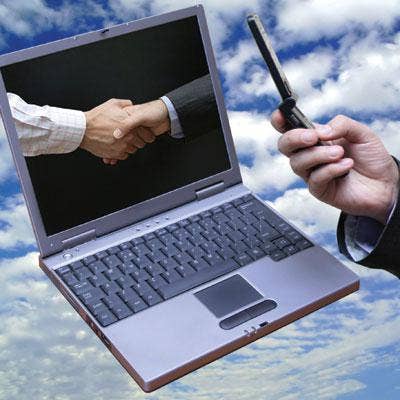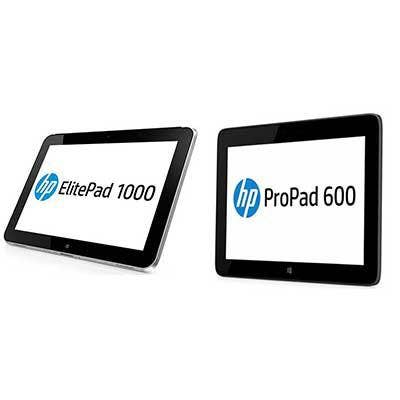Future HP Inc. CEO: Why Enterprise Mobility Is A Win For The Channel

Enterprise Mobility Is The Next Wave of Computing
Nearly three-quarters of business owners feel mobility is going to change their company more than the Internet, according to the future CEO of HP Inc., Dion Weisler, who's currently the executive vice president of HP's Personal Systems and Printing business. Weisler spoke to 1,800 attendees at the 2014 Synnex North American conference in Greenville, S.C., just days before HP revealed plans to split the company into enterprise computing and PC and printing companies. Weisler will lead the $56 billion HP Inc., with current HP Chairman and CEO Meg Whitman serving as non-executive chairman of the board of directors. Here's why Weisler sees enterprise mobility as a large, untapped opportunity for solution providers.

'When I Think of Mobility In 2014, It Kind of Feels Like the Internet Did In 1999'
Back in 1999, the Internet was primarily a static, consumer-facing collection of emails and Web pages, Weisler said. He likened that to the current state of mobility, where most vendors are focusing on $80 consumer tablets rather than enterprise mobility solutions. Enterprise mobility is not about devices, Weisler said; rather, it's about mobilizing business and transforming workflow. "Partners that invest on the cusp of this growth will really unlock value for their organizations," he said.

Blending Work And Home
Weisler said people are blending their personal and work lives like never before. Today, the latest, greatest and freshest technology is normally born in the consumer sector, Weisler said, meaning tech-savvy employees want to bring those devices into the office and extend that experience to their professional lives. But with 20-year-old employees having very different needs and wants than a 60-year-old employees, Weisler said companies must figure out new ways to serve the technological desires of their whole workforce.

Redefining Work Opportunities, But To Whose Specifications?
Mobility will change how business operate, communicate and raise money, Weisler predicted. Increased ability to enhance, change and rewrite workflows will make them cheaper, faster and easier to use, he said. However, the redefinition of work opportunities has put employees -- who favor bringing in their own devices -- on a collision course with their IT departments, who prefer the security and manageability of company devices.

A Seat At The Table For The Channel
HP's PC and printing businesses derives 85 percent of its revenue from the channel, Weisler said, and he expects that relationship to continue in enterprise mobility. He said HP needs to collaborate closely with mobility experts and amplify its offerings with the help of VARs and MSPs. The complexity of the enterprise solutions should create strong margin and recurring revenue opportunities for solution providers, he said.

How Airlines Can Benefit From Enterprise Mobility
It costs $14,000 to install an in-flight entertainment system for just one seat due to costs associated with wiring, servers and communication rooms, Weisler said. But the up-front cost is only a portion of the true expense. The current entertainment systems are bulky and weigh down the plane, Weisler said, forcing airlines to spend a lot more on fuel. Weisler imagines that a ruggedized tablet-based monitor that's resistant to orange juice spills would pay for itself in reduced fuel costs alone.

How HP Is Serving The Enterprise Mobility Market
Weisler said HP has a broad portfolio of mobile devices to meet the needs of businesses of all types and sizes. The HP ElitePad (pictured) is designed for best-in-class business flow, Weisler said, and is light, secure, robust and customizable through sleeve technology. It also offers top-shelf batteries and adapters, he said. For end users looking to minimize bulk, Weisler recommends the HP Pro X2 or HP ElitePad 1000, which come in at just 3.3 pounds, making them the thinnest Ultrabooks ever.

Enterprise Mobility Management -- Coming Soon To The Cloud
Resource-strapped small and midsize businesses looking to manage their customers, devices and big data are in luck, Weisler said. The HP Touchpoint Manager is a cloud-based offering set to launch next month that allows IT departments to quickly and easily track any device on the network, wiping and provisioning resources in real time. Managing multiple devices at the same time should make end users more productive and, in turn, more loyal to their VAR or MSP. Weisler touted the Touchpoint Manager as a huge opportunity for channel partners to customize managed services and solutions for their audience.